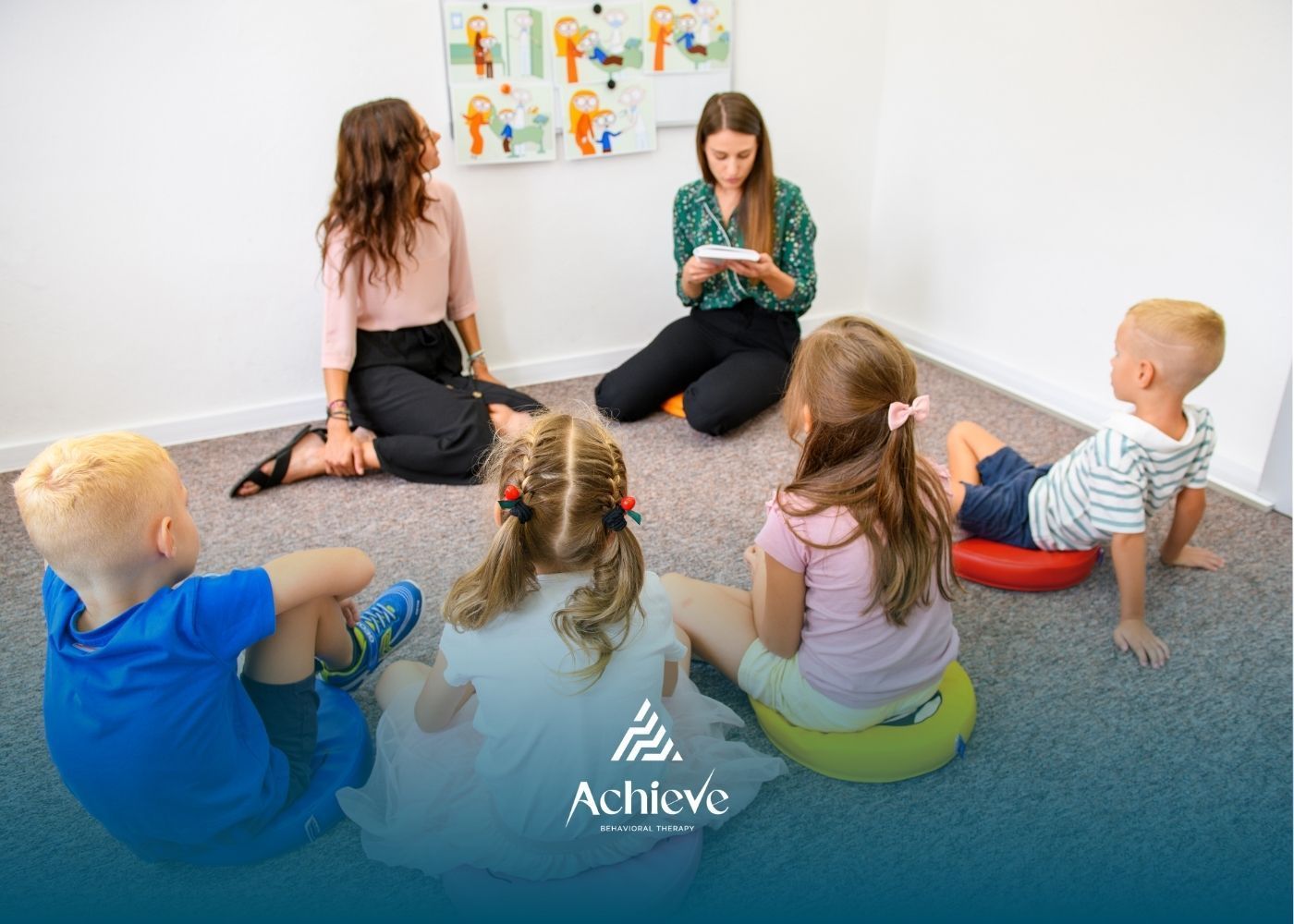Is It Autism or Just Introversion? How to Tell the Difference

If your child seems quiet, avoids eye contact, or prefers solo play, you might wonder: is it autism, or just introversion?It’s a common question—and a valid one.
Introversion is a personality trait, not a developmental condition. Introverted kids may enjoy time alone, need space to recharge, or avoid large social settings. But they typically understand social cues, form relationships, and don’t struggle with daily functioning.
Autism Spectrum Disorder (ASD), on the other hand, involves challenges in social communication, repetitive behaviors, and sometimes sensory sensitivities. According to the CDC, autism affects about 1 in 31 children in the U.S. These signs go beyond simply being “shy” or quiet.
As Dr. Tony Attwood, clinical psychologist and autism expert, explains:
“Introverted children choose solitude, while autistic children often feel confused by the social world.”
Some signs that may point to autism rather than introversion:
- Difficulty with back-and-forth conversation
- Limited eye contact or facial expressions
- Strong need for routines or resistance to change
- Fixation on specific interests
That said, every child is different, and there’s overlap. Only a trained professional can provide a proper evaluation.
At Achieve Behavioral Therapy, we understand how confusing early signs can be. Our team takes a compassionate, thorough approach to help families find clarity—and the right support.
If you’re wondering whether your child may be on the autism spectrum, we’re here to help.
Contact Achieve Behavioral Therapy for a personalized consultation and learn how we can support your child’s unique journey.
FAQs
Can a child be both introverted and autistic?
Yes — introversion is a personality trait, and autism is a neurodevelopmental condition. A child can be both introverted and autistic, meaning they prefer quiet environments and may also experience differences in communication, social interaction, or sensory processing.
What are common signs that suggest autism rather than introversion?
Signs more associated with autism include challenges with back-and-forth conversation, limited eye contact, sensory sensitivities (e.g., to sounds or textures), repetitive behaviors, and strong resistance to change.
Is introversion the same as shyness?
No — introversion is about where someone gets their energy (quiet, low-stimulation settings), whereas shyness relates to discomfort or anxiety in social situations. Introverts aren’t necessarily shy, and shyness alone isn’t a sign of autism.
Need Support?
We're Here to Help!
Our experienced team is ready to assist you. Reach out today to discuss how we can support your child's development and well-being.
Get started with expert ABA therapy today.






